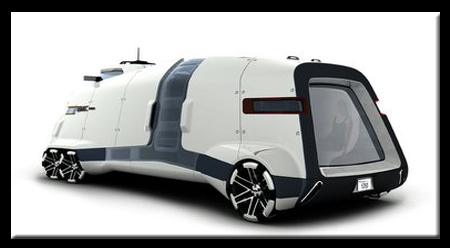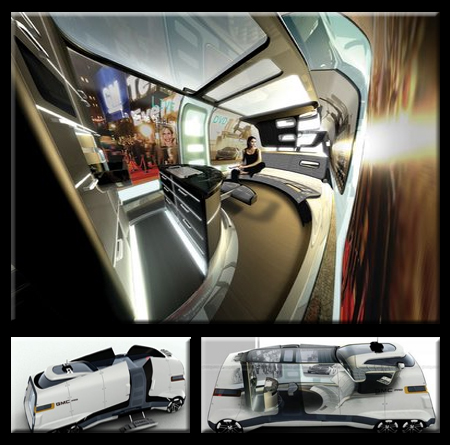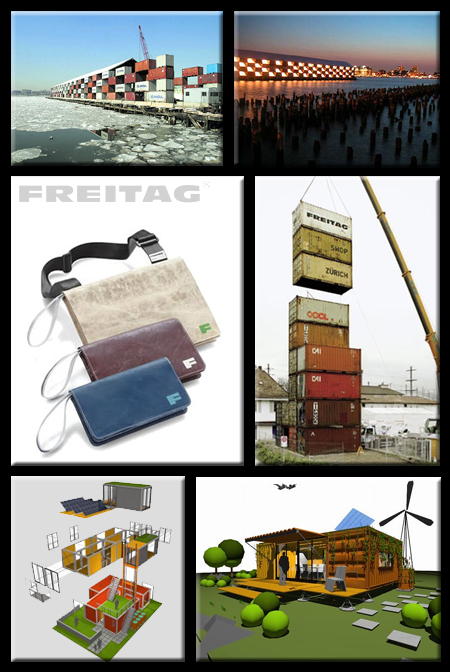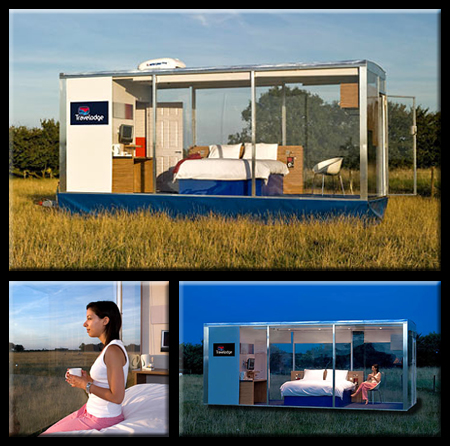
The world’s interest physical mobility has, to the surprise of many urban theorists, not decreased with the rise of global digital communication. In fact, people are more mobile than ever, changing jobs, cities, or even countries with increased frequency. This trend has played out in a variety of interesting ways when it comes to architecture and urbanism. More and more designers are developing nomadic alternatives to traditional models of static urban living.

The GMC PAD was designed as an alternative to the financial problems of fixed living, particularly in areas with high land prices such as Southern California. Others have proposed it would be useful as an alternative FEMA-type emergency residence. Sustainability is, of course, of great concern in something that is in effect a souped-up kind of advanced mobile home. This portable living unit was therefore designed a diesel-electric hybrid. It also comes equipped with photovalic cells that charge onboard batteries, increasing the necessary time between refuels to weeks or even months.

As the global number of available shipping containers grows, more and more designers are considering creative ways to adapt underused or discarded containers to architectural purposes. Such shipping container architecture has exists in a surprising variety of settings. Cargo containers have been used for institutional, commercial and residential projects including museums, stores and single- or multi-family housing. Their use as emergency medical units has also been advocated.

The world’s first mobile hotel room, though still in a test phase, is designed to be placed virtually anywhere. These portable rooms can be taken or delivered to remote or urban locations, from campgrounds and festivals to driveways and parking spaces. They contain virtually all of the standard amenities – from the basics, such as running water, to air conditioning and television, though, of course, no forseeable room service! The sustainability of these is, however, questionable. Are they the next wave of urban mobility or a sign of decadent times?